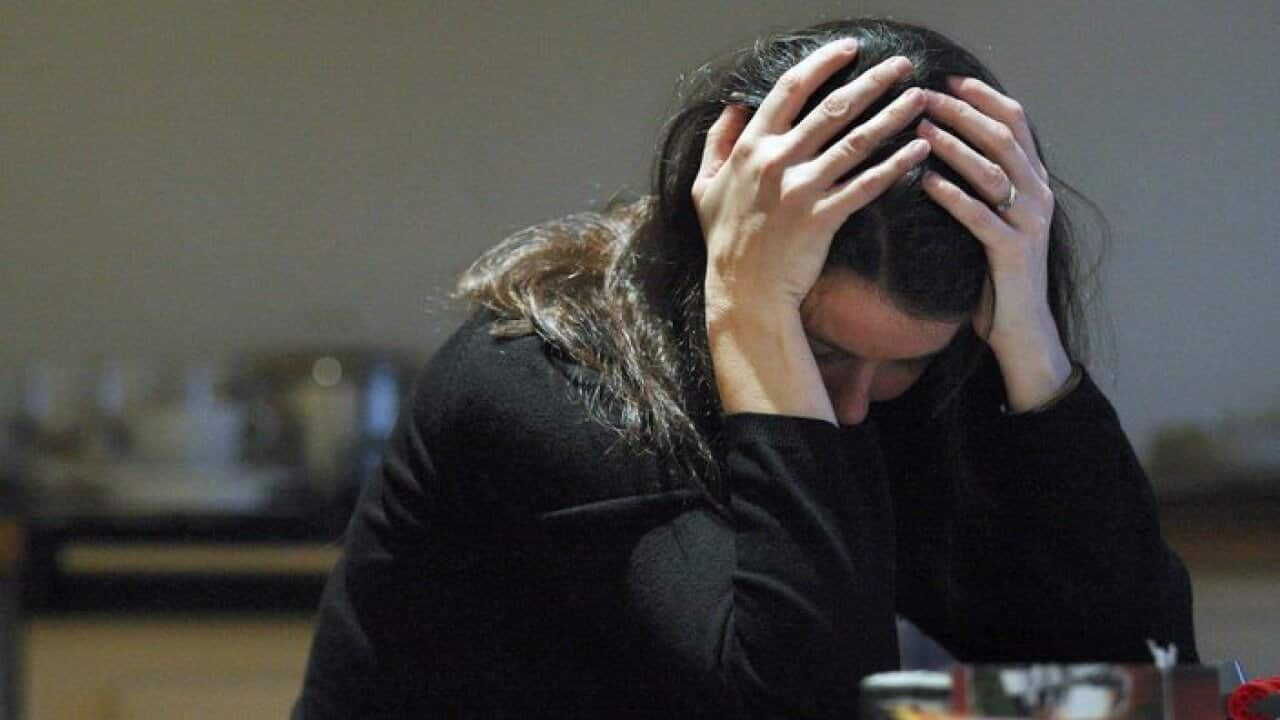Almost four million Australians are being diagnosed with mental illness each year.
However, Mental Health Research shows that people from CALD [culturally and linguistically diverse] communities are less likely to access specialist services than others.
Head of the Global and Cultural Mental Health Unit at Melbourne University, Professor Harry Minas says there’re multiple barriers stopping people to seek mental health help.
He says religious and cultural beliefs can create further problems. Sometimes it’s also a question of not knowing where to find help.
Professor Minas says while there is good general information about mental health services, it is not always available in community languages. He says General Practitioners should be the first point of contact for everyone.
GPs provide support; brief counselling and can prescribe medication. They can draw up a Mental Health Treatment Plan so patients get a Medicare rebate for 10 psychological treatments. Under the Treatment Plan means patients do not have to pay upfront.
The Australian Institute of Health and Welfare data shows, that in 2013-2014 over 9 million services on mental health help went through the Medicare Benefit Schedule.
Professor Minas says GPs can also refer people to a mental health specialist such as a psychologist or psychiatrist.
Beyond Blue support service outlines how different health professionals can assist. Clinical psychologists specialise in the assessment, diagnosis and treatment of mental health problems.Many other psychologists such as counselling and educational and developmental psychologists can also assist someone with depression or anxiety. No referral is required to see a psychologist – people can book directly.
However, to utilise bulk-billing or Access Allied Psychological Services (ATAPS) programs, patients must have a Mental Health Treatment Plan from a GP.
Some private health insurances may cover part of specialists or psychologists fees.
The Head of Mental Health Australia Frank Quinlan says specialists from multicultural backgrounds are always in demand.
He also says mental health providers should be ready to exert a special approach to new arrivals.
Torture and trauma survivors are often referred to STTARS, which is the Survivors of Torture and Trauma Assistance and Rehabilitation Service.
When hospital admission is required, a psychiatrist will be in charge of the person’s treatment.
Psychiatrists are doctors who have undergone further training to specialise in the assessment, diagnosis and treatment of mental health problems. Referral is needed from a GP to see a psychiatrist and to claim Medicare rebates.
Professor Minas says it’s difficult for a lot of communities to navigate the complex Australian mental health care system.
In Australia there are legal requirement to provide information in the language the person understands.
Dr Minas says that’s not always available due to inadequate funds to employ sufficient interpreters and translators which can lead to incorrect assessments.
He says common language is essential in responding to any mental health problems.
Professor Minas says while the number of bilingual mental health care specialists is increasing in Australia, some recently arrived communities lack access to properly trained interpreters. Often people have difficulty finding the right mental health help. Mr Quinlan says people should keep searching for the right medical professional.
Medicare rebates include services from psychiatrists, psychologists, clinical psychologists, social workers and occupational therapists.
It’s under a government program called the Better Access to Psychiatrists, Psychologists and General Practitioners through the Medicare Benefits Schedule (Better Access) initiative.
For more information about mental health initiatives visit:
Information on the is available on the Department of Social Services website.
To get support or for more information visit:

